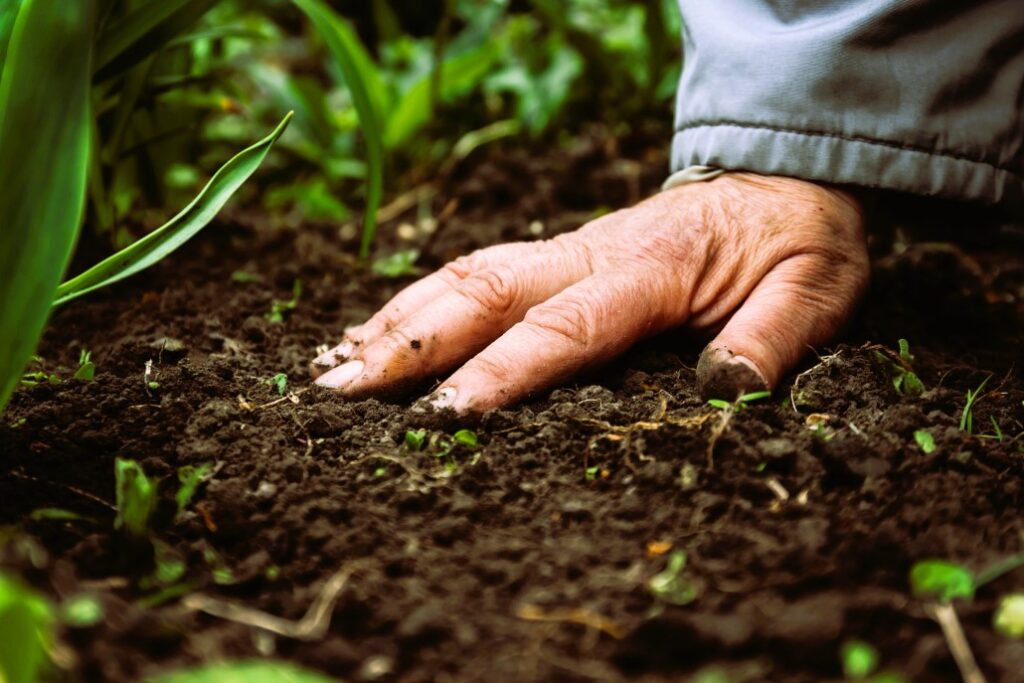Organic gardening is a sustainable and environmentally friendly approach to cultivating plants and growing food. It relies on natural processes and avoids the use of synthetic chemicals, pesticides, and genetically modified organisms (GMOs). In this article, we will explore the numerous benefits of organic gardening, both for individuals and the planet, highlighting its positive impact on our health, the environment, and the overall well-being of our ecosystems.
- Healthier, Nutrient-Rich Food:
One of the key advantages of organic gardening is the production of healthier and more nutrient-rich food. By avoiding synthetic pesticides and fertilizers, organic farmers and gardeners create an environment that promotes the natural balance of nutrients and beneficial organisms in the soil. As a result, organic crops tend to contain higher levels of essential vitamins, minerals, and antioxidants, contributing to improved nutrition and overall well-being.
- Safe from Harmful Chemicals:

Conventional agriculture often relies heavily on synthetic pesticides and herbicides to control pests and weeds. However, these chemicals can have detrimental effects on human health. Organic gardening eliminates exposure to these harmful substances, reducing the risk of pesticide residue on produce and potential long-term health issues associated with pesticide exposure.
- Environmental Conservation:
Organic gardening is an environmentally conscious approach that prioritizes the conservation of our ecosystems. By avoiding the use of synthetic chemicals, organic farmers and gardeners prevent pollution of soil, water, and air. Organic practices also promote biodiversity, as they encourage the presence of beneficial insects, birds, and other wildlife that play vital roles in pollination and natural pest control.
- Soil Health and Fertility:
Organic gardening focuses on nurturing the health and fertility of the soil. Organic farmers and gardeners employ techniques such as composting, crop rotation, and the use of organic matter to enhance soil structure, improve water retention, and promote the growth of beneficial microorganisms. Healthy soil supports robust plant growth, enhances nutrient uptake, and reduces the risk of soil erosion.
- Reduced Carbon Footprint:
Conventional agriculture relies heavily on fossil fuels for the production and transportation of synthetic fertilizers and pesticides. In contrast, organic gardening emphasizes sustainable practices that reduce the carbon footprint. By avoiding the use of synthetic inputs, organic gardening minimizes reliance on fossil fuels and contributes to the reduction of greenhouse gas emissions.
- Water Conservation:
Organic gardening promotes water conservation through mindful practices. By improving soil structure and organic matter content, organic gardeners enhance the water-holding capacity of the soil, reducing the need for excessive irrigation. Additionally, organic practices such as mulching and proper plant spacing help retain soil moisture and minimize water loss through evaporation. Creating a Japanese garden in Canada, read more in the article about the Zen of Japanese gardens.
- Preservation of Pollinators:
Organic gardening plays a vital role in preserving pollinator populations, such as bees, butterflies, and birds. By avoiding the use of harmful pesticides, organic gardeners create a safe haven for these essential creatures. Pollinators are crucial for the reproduction of many plants, including food crops, and their presence supports biodiversity and ecosystem health.
- Promoting Sustainable Agriculture:
Organic gardening serves as a model for sustainable agriculture. It encourages a holistic and regenerative approach to food production, considering the long-term impacts on the environment, human health, and future generations. Organic farming practices prioritize soil health, biodiversity, and ecological balance, setting an example for sustainable food systems.

- Connecting with Nature:
Engaging in organic gardening provides an opportunity to connect with nature, fostering a sense of appreciation, mindfulness, and stewardship for the environment. Working in harmony with natural processes and observing the cycles of growth and harvest can be a rewarding and therapeutic experience that promotes well-being and reduces stress.
- Supporting Local and Organic Farmers:
By embracing organic gardening, individuals contribute to the demand for organic products. This, in turn, supports local organic farmers and encourages the growth of organic agriculture. By choosing organic, you can help create a market that values sustainable and environmentally friendly farming practices.
Conclusion:
Organic gardening offers a multitude of benefits, ranging from the production of healthier, nutrient-rich food to the preservation of our environment and the promotion of sustainable agriculture. By adopting organic gardening practices, we can contribute to a healthier planet, protect our own well-being, and create a more sustainable future for generations to come. Let us embrace the beauty and rewards of organic gardening as we nurture both the earth and ourselves.
